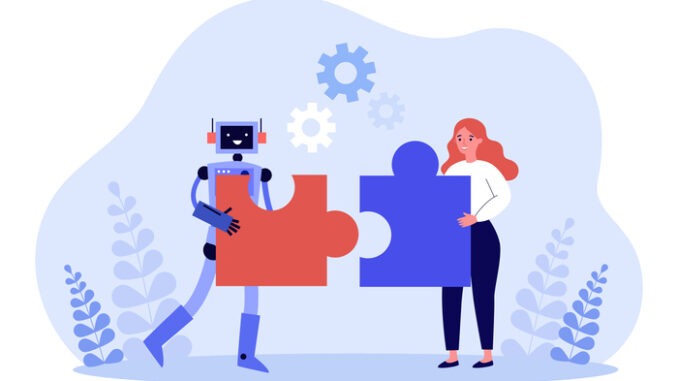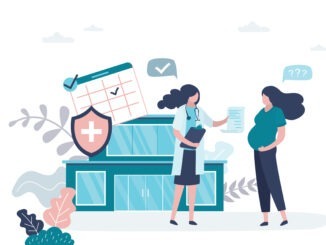
Have the work habits we’ve developed during COVID led to a dangerous blurring of the lines between our work selves and our human selves?
CREDIT: This is an edited version of an article that originally appeared on Management Today
Rather than disconnecting from work, more and more people are now having meetings, often virtually, during their lunch breaks. In fact, a recent study by Just Eat for Business found that a third of workers schedule meetings in their lunchtimes every week and 4% do this every day. This is an unhealthy habit; we cannot allow ourselves to become so consumed by work and meetings that our basic needs and mental health are overlooked.
Not too long ago there were reports of Amazon warehouse staff being forced to urinate in bottles, such were the high demands made of them that they didn’t have time to even go to the bathroom. While these claims, denied by the organisation, on the surface seem unimaginable, there has certainly been a rise in the number of people being unable to ‘switch off’. Remote working has, for example, led many people to now work and sleep in the same room. Is this healthy?
This never-ending digital connection has caused many workers to view breaks – which are a legal requirement for a reason – as being self-indulgent or even unnecessary. In some organisations this has created a culture where those who do take breaks are seen as less hard-working, or even lazy.
While most organisations are adapting and becoming more digital, our needs have not done this; they remain human. Leaders need to take this into consideration and show their staff that their health and wellbeing comes first.


Be the first to comment